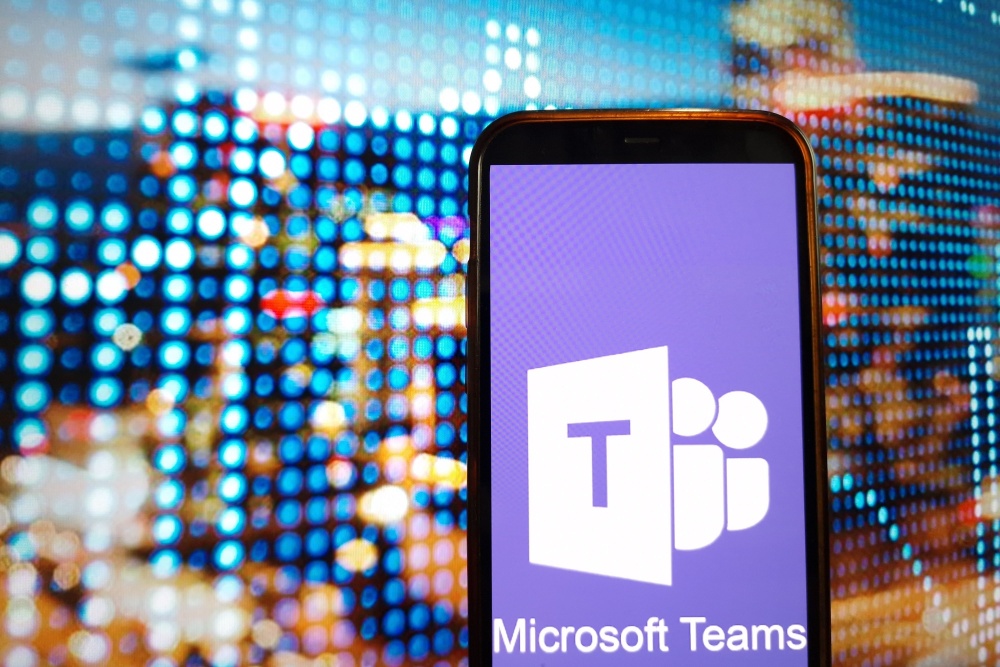Sometimes, it’s the little things that matter. Case in point: Microsoft’s Universal Print.
We have been actively encouraging (and helping) organizations move to Azure Active Directory (AAD). One complication in this process has been Print Servers. While AAD can handle just about all the functions that Active Directory could, we have still had to configure print servers. It can be frustrating to move almost everything to the cloud, only to have a server or two hanging around to handle print server duties.
That comes to an end in March, when Microsoft will be rolling out its Universal Print service. You can think of it as a cloud-based print server. Here is the announcement if you want more details. Judging from the list of printer manufacturers that have jumped on board, it looks like Microsoft has done its homework in putting together a service that should work for most organizations.
Microsoft says that it will eventually add Universal Print to all its business-oriented Microsoft 365 subscriptions. They are going to roll Universal Print out to Microsoft 365 E5 subscribers, then E3 and then Business Premium. I did not see any discussion of pricing, so I am guessing that it will be free as part of the subscriptions I mentioned.
Improved Dictation is Another Little Thing That Matters
Do you use speech recognition? I use it, aka dictation, in a couple of situations.
- I have been so busy writing documents that my arms start to cramp up.
- My dog Mona jumps on my lap and decides to take a nap on one of my arms.
Speech recognition or Dictation is one of those services that has benefited from machine learning and a large dataset of spoken words. It used to be terrible but has become much better in the last few years. And now, Dictation supports auto punctuation. Again, this is a little thing that matters. Previously, I had to say the punctuation, such as “that’s a wrap exclamation point.” Now, with auto punctuation turned on, Dictation will add the punctuation based on how it is hearing your voice. Yes, you should check its work if you want to avoid Da** You Autocorrect kinds of moments.
Dictation works for Word (PC and Mac) and Outlook. The improvements are expected to roll out in March and be complete by end of April.
Outlook Auto Replies are Coming in More Languages
One more little thing that matters, at least to me! Auto replies are something I first saw in Gmail and in text messaging. You read a message and the service presents a suggested reply, such as “Great, thank you!’. You click on the reply, hit Send and you are done. Later I saw them in LinkedIn. Then auto replies appeared in Outlook. They can be handy to use. I try not to use them all the time; I don’t want people to think I don’t care enough to do more than click once. With this service update, Microsoft is rolling out support for more languages, such as Spanish and French. I am sure others are in progress. Rollout should be complete by end of March.
And already released but worth an honorable mention: those type ahead suggestions you now see in Outlook. (Thanks again to Google for doing this first.) You start typing in Outlook, and it guesses the rest of your sentence. If you agree, you hit the Tab button and Outlook fills in the rest.
OK, One More Little Thing
As great as auto replies are, you still end up with a reply email that you must read and process. My new favorite thing is something I have been using in Teams for a while: emojis. Jackie sends a chat message about the post she is going to write this week. I respond with a “thumbs up” emoji. Done and dusted, as my Aussie mates would say.
Starting sometime in March (depending on your release cycle) you will be able to respond to an email with an emoji, such as like or love. There are some limits you will want to know about.
- Emojis are only supported for Outlook on the web, Outlook for iOS, and Outlook for Android. Windows and Mac Outlook clients: sorry, not yet.
- Only users in your domain will see emojis. If you “like” my email, I won’t know that you did that.
On a side note: here is another example of Microsoft favoring web and mobile over its own “thick client” apps.
I hope these little things that matter make your day a little brighter!





0 Comments